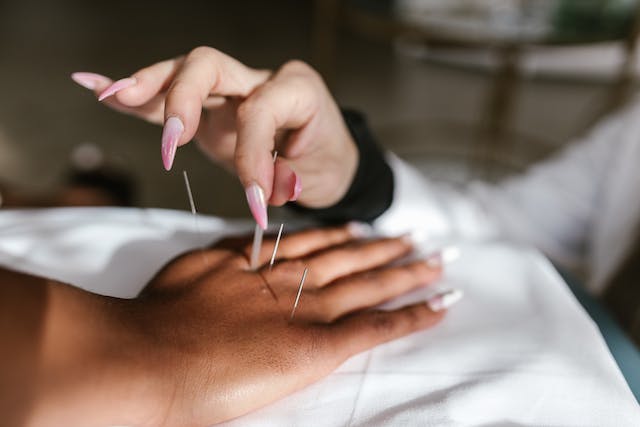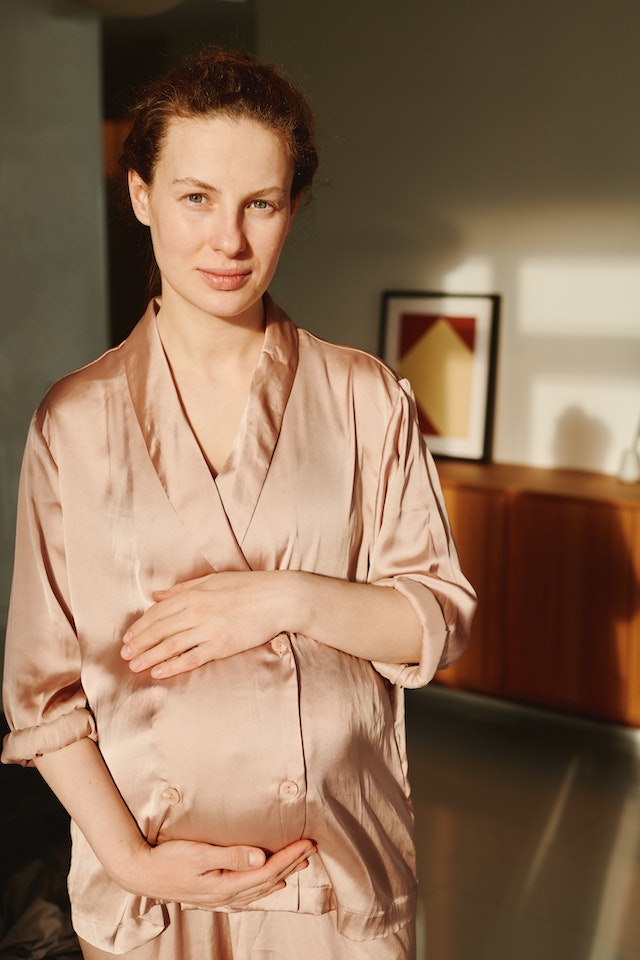Introduction:
In the quest for alternative fertility treatments, acupuncture has emerged as a topic of
interest.
Couples facing challenges in conceiving often explore various avenues, and acupuncture
has gained attention for its potential benefits.
This article delves into the question:
Do acupuncture treatments truly assist in the journey to parenthood, and what does the research reveal?
Understanding Acupuncture:
Acupuncture is an ancient Chinese practice that involves inserting thin needles into
specific points on the body.
Traditionally used to promote overall well-being and balance energy, or “qi,” acupuncture
has found its way into modern healthcare, including fertility treatments.
The Connection Between Acupuncture and Fertility:
Several studies have investigated the potential link between acupuncture and increased
fertility.
Some research suggests that acupuncture may enhance fertility by improving blood flow
to the reproductive organs, regulating hormone levels, and reducing stress.
Research Findings:
Improved Blood Flow: Studies have shown that acupuncture may increase blood flow to
the uterus and ovaries, creating a more conducive environment for embryo implantation.
Hormonal Regulation: Research indicates that acupuncture may help regulate
reproductive hormones, such as follicle-stimulating hormone (FSH) and luteinizing
hormone (LH), which play crucial roles in the menstrual cycle and ovulation.
Reduced Stress: High stress levels can negatively impact fertility.
Acupuncture may contribute to stress reduction by triggering the release of endorphins,
the body’s natural feel-good chemicals.
Enhanced IVF Success: Some studies suggest that acupuncture, when combined with in
vitro fertilization (IVF), may improve success rates.
The exact mechanisms are not fully understood, but researchers speculate that
acupuncture may enhance the receptivity of the uterine lining.
Conclusion:
While the research on acupuncture and fertility is promising, it’s essential to approach it
with a balanced perspective.
Acupuncture is not a guaranteed solution, and individual responses may vary.
Couples considering acupuncture as part of their fertility journey should consult with
healthcare professionals and fertility specialists to create a comprehensive plan.
In conclusion, the evidence suggests that acupuncture may offer potential benefits for
fertility, but more research is needed to fully understand its mechanisms and effectiveness.
As with any alternative therapy, it’s crucial to integrate it into a holistic approach to fertility,
combining traditional medical interventions with complementary practices.









